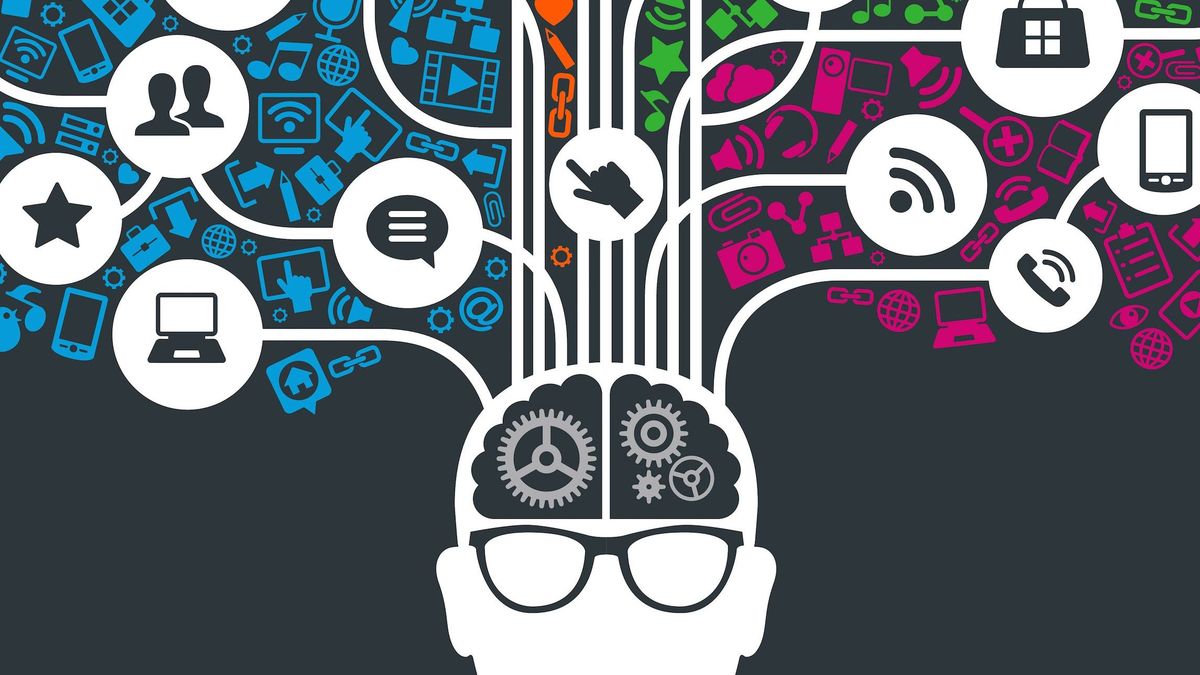AI applied to retail grows by 29.70% thanks to machine learning algorithms that offer personalized product recommendations and segmented advertising
Neuromarketing is becoming an important part of company strategy. Thus, companies that adopt new trends in neuromarketing have managed to increase their sales by an average of 10%, according to data from Nielsen and collected in the report “New trends in neuromarketing: connecting emotions successfully”, published by EAE Business Schoolbelonging to Planeta Formación y Universidades.
The content you want to access is exclusive to subscribers.
In a saturated market, neuromarketing, an emerging discipline that merges neuroscience and marketing, has become an essential tool to connect and understand the motivations and needs of consumers. By delving deeper into customer and user behavior, companies can implement more effective, people-centered strategies. Additionally, by identifying and using emotions, neuromarketing allows brands to create deep and lasting connections.


According to Pilar Navarro, professor at EAE Business School and author of the report together with professor Alejandro Alegret: “Neuromarketing research has shown that emotions play a crucial role in the purchasing decision-making process.”
The report highlights examples of companies such as John Lewis, Apple, Coca-Cola and Dove, which have demonstrated how Successful neuromarketing goes beyond influencing purchasing decisions, establishing meaningful connections between brands and consumers.
Artificial intelligence
Neuromarketing has also been boosted thanks to the application of Artificial Intelligence (AI) and data analytics. According to the EAE report based on Statista estimates, the global market for AI in retail shows annual growth of 29.70% and highlights customization as one of the most important areas with the greatest potential for consolidation. AI allows companies to use machine learning algorithms to offer personalized product recommendations to customers and users, as well as segmented advertising that facilitates impact and allows campaigns to be optimized.
These neuromarketing trends are reflected in the use of technologies such as virtual reality (VR) and augmented reality (AR) in immersive shopping experiences. Companies like IKEA and Zara have used VR and AR to allow consumers to view products in their homes before purchasing, generating greater engagement and information retention, even increasing sales by 20%. “However, the implementation of these technologies presents challenges, such as development cost and ethical and privacy concerns,” warns Navarro.
Despite this, these new trends have become essential in the neuromarketing strategy, offering companies “a competitive advantage by differentiating themselves and satisfying the changing needs of consumers,” says Alegret.
The report indicates that the economic impact of neuromarketing is evident, since it is a developing discipline that uses medical techniques to analyze consumers’ brain responses to stimuli, seeking to identify behavioral patterns that influence purchasing decisions. Companies such as L’Oréal, Sephora, Tesco and Ford have successfully applied neuromarketing, improving packaging, shopping experiences, store design and television advertisements, resulting in significant increases in sales.
Source: Ambito
I am an author and journalist who has worked in the entertainment industry for over a decade. I currently work as a news editor at a major news website, and my focus is on covering the latest trends in entertainment. I also write occasional pieces for other outlets, and have authored two books about the entertainment industry.




